 Only a month after my post An easier method to put a MacBook into DFU mode, Timothy Perfitt has one-uped himself.
Only a month after my post An easier method to put a MacBook into DFU mode, Timothy Perfitt has one-uped himself.
Over the weekend Perfitt shared his latest app, DFU Blaster, on YouTube and Mastodon.
I’m happy to report that it is by far the easiest method yet to put an Apple Silicon Mac into DFU mode.
Read on for the details…
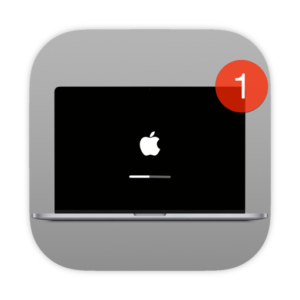 The signing certificate for the popular MacAdmins tool
The signing certificate for the popular MacAdmins tool 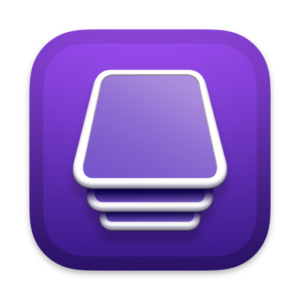 Using DFU mode and
Using DFU mode and 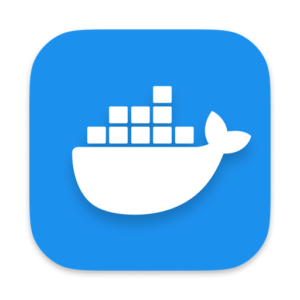 Docker made significant changes to the unattended installation process of Docker Desktop on macOS in the minor update between versions 4.14.1 and 4.15 this month, causing automated installation of the new version to fail.
Docker made significant changes to the unattended installation process of Docker Desktop on macOS in the minor update between versions 4.14.1 and 4.15 this month, causing automated installation of the new version to fail.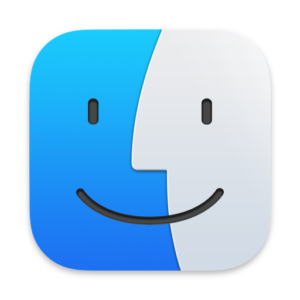 Last month Charles Edge shared a blog post titled, “
Last month Charles Edge shared a blog post titled, “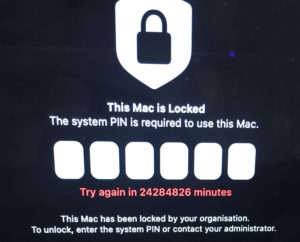
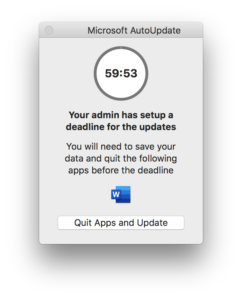
 For many years I have managed Fast User Switching (FUS) on macOS in the maner
For many years I have managed Fast User Switching (FUS) on macOS in the maner  AirDrop
AirDrop